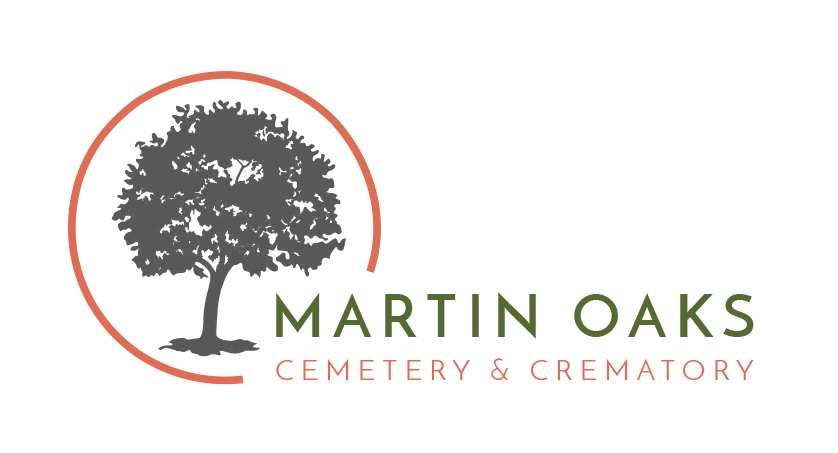Debunking the Myths Surrounding Cremation
Cremation has been a part of human history for thousands of years, but despite its long-standing tradition, there are still many myths and misconceptions surrounding the practice. It's essential to separate fact from fiction to make informed decisions about end-of-life choices. In this post, we'll debunk the top 7 myths about cremation.
Myth #2—Cremation is Final
In most states, legally, cremation is final disposition. However, emotionally it is not. Cremation is simply a disposition choice that can be the beginning of the funeral rite, in whatever form that may be for someone. While cremation turns the body into ashes, it doesn't destroy the soul or one's memory. Many cultures believe in the continuation of the spirit after death, regardless of the body's disposition.
Myth #1—Cremation is not Environmentally Friendly
Cremation can be environmentally friendly. Modern cremation equipment is designed to operate with minimize emissions. The emissions from a properly operated and maintained cremator is so low it isn’t even regulated by the US EPA! With advances in technology, some areas offer options, such as bio-cremation (alkaline hydrolysis) and electric cremation, which have an even lower carbon footprint.
Myth #3–You Cannot have a Funeral with Cremation
The term funeral means so many different things to people these days, and the traditional funeral service still resonates with a lot of people when someone dies. to some, it is an outdated and undesired ceremony that does not aid in the grief journey. Some people refer to a funeral as a service prior to the disposition, and a memorial service or celebration of life to describe a service after the disposition. Regardless of what you call it or if you have it before, during, or after the actual disposition the ceremony to commemorate the life of someone that has died can be whatever the living want it to be even if the deceased is to be cremated, buried, or even both.
Myth #4–Cremation is Impersonal
As stated in the previously debunked myth, cremation doesn’t preclude meaningful funeral services. If you think about it, with cremation there are far more options for expressive and eloquent events when someone is cremated. Not only can you have a traditional viewing and services before the cremation, you could also witness the cremation process itself, and there are endless options for memorialization after the cremation including scattering, burial, and more. See Things You Can Do With Cremated Remains for ideas for memorialization after the cremation.
Myth #5–You Cannot have a Religious Ceremony with Cremation
Cremation doesn't preclude religious ceremonies. Many religions, including Christianity, Buddhism, and Hinduism, allow for cremation. You can still incorporate religious rituals and customs into the cremation process. The Catholic church allowed cremation in 1963, and even in religions where cremation was forbidden or discouraged religious authorities are facing issues with how to reconcile history, tradition, and modern day realities as cremation becomes more popular in mainstream society.
Myth #7–Cremation is Disrespectful
Cremation is a respectful and culturally accepted method of handling the deceased. It's crucial to remember that respect and dignity can be maintained during the entire process, from the care of the body to the handling of ashes. Funeral Directors are trained and licensed on the proper care of the deceased and their loved ones, and carry out a myriad of processes and procedures to assure the deceased in their care are handled with the utmost dignity and reverence. See 7 Things to Consider When Choosing a Funeral Provider , Identification and Chain of Custody , and The Beauty of Cremation for more information.
Myth #6–Cremation is Illegal in Some Areas
Cremation is legal and widely practiced in North America, and in most countries. However, local regulations can vary, so it's essential to check with local authorities or a funeral director for specific requirements. Transporting cremated remains can also be tricky, depending on the destination country. A Funeral Director can guide you through the complex web of international cremation practices and assure that you and your loved one’s wishes are fulfilled regardless of the place of death, or the location of the final resting place.
In conclusion, cremation is a choice that should be made based on personal preferences, beliefs, and circumstances. It's essential to debunk these myths and ensure that people have accurate information to make informed decisions about their end-of-life choices. Cremation can be environmentally friendly, respectful, and can incorporate various traditions and ceremonies, allowing families to remember and honor their loved ones in meaningful ways.
